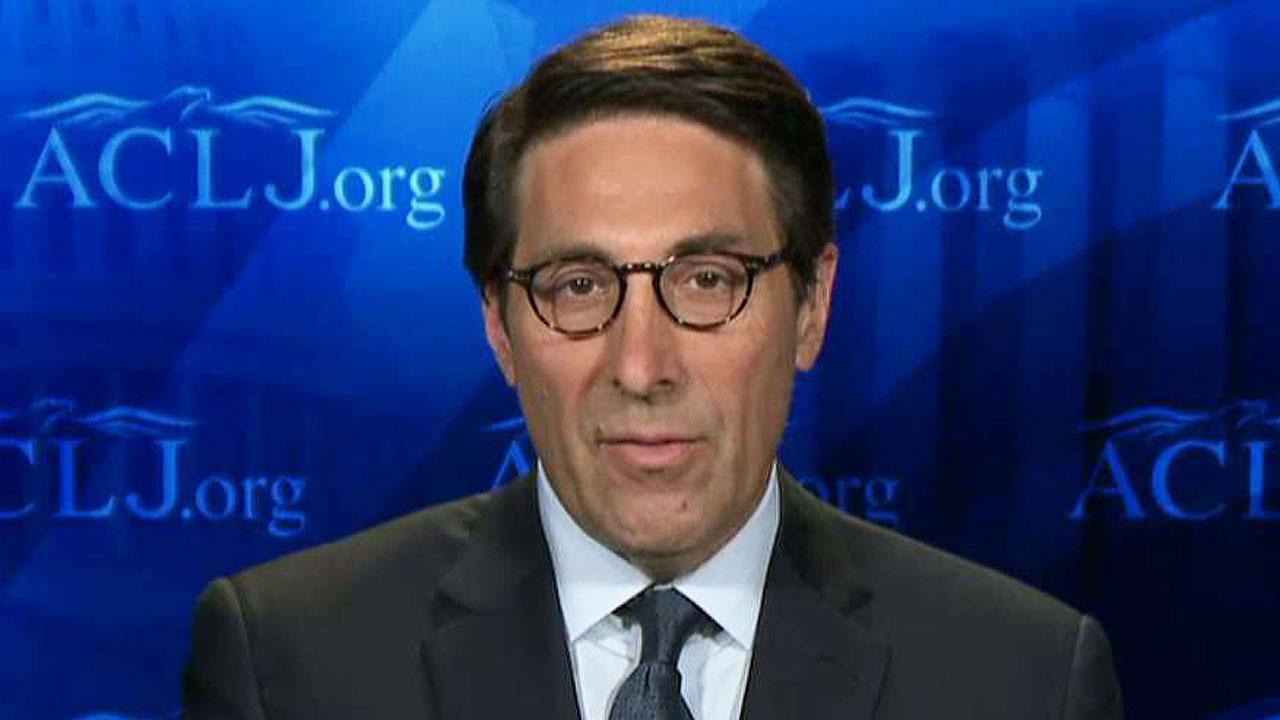Congo's Cobalt Export Restrictions: Assessing The Market Reaction And Planned Quota

Table of Contents
Understanding the New Cobalt Export Restrictions
Congo's new cobalt export restrictions aim to increase government revenue, promote value addition within the country, and address environmental concerns related to cobalt mining. The restrictions primarily involve a quota system, licensing requirements, and stricter regulations on the export of unprocessed cobalt ore.
- Specific details of the planned quota system: The exact quotas are still being finalized, but the government aims to gradually reduce raw cobalt ore exports and incentivize the development of domestic processing facilities.
- Target quantities for export: The government intends to significantly limit raw cobalt exports, aiming to increase the percentage of processed cobalt products exported. Precise figures are subject to ongoing revisions.
- Timeline for implementation: The implementation is phased, with stricter regulations being introduced gradually over the next few years. The precise timeline remains fluid, dependent on the capacity of domestic processing plants.
- Government bodies involved in enforcement: The Ministry of Mines, alongside other relevant government agencies, will oversee the implementation and enforcement of these restrictions.
- Rationale behind the restrictions: The DRC government seeks to capture greater value from its cobalt resources, rather than exporting raw materials at low prices. This is coupled with a desire to improve environmental and social conditions within the mining sector.
Market Reaction to Congo's Cobalt Export Restrictions
The announcement of Congo's cobalt export restrictions has triggered significant market reactions, both immediate and anticipated:
- Price fluctuations in cobalt since the announcement: Cobalt prices have experienced volatility since the announcement, with initial price increases followed by periods of fluctuation. The market anticipates further price adjustments as the restrictions are implemented.
- Impact on cobalt futures contracts: Futures contracts for cobalt have shown increased price volatility, reflecting market uncertainty and speculative trading activities.
- Reactions from major battery manufacturers and technology companies: Major EV manufacturers and technology companies are exploring diversification strategies to mitigate potential supply chain disruptions. This involves sourcing cobalt from other regions, developing alternative battery chemistries, and investing in responsible sourcing initiatives.
- Stock market performance of cobalt mining companies: The stock market performance of cobalt mining companies has been mixed, reflecting investor uncertainty and the varying strategies adopted by different companies.
- Concerns about supply chain disruptions: The restrictions raise concerns about potential supply chain disruptions, especially for EV manufacturers heavily reliant on DRC cobalt. This may lead to delays in EV production and potentially increase the cost of EVs.
Impact on Electric Vehicle (EV) Manufacturers
The cobalt export restrictions pose significant challenges for EV manufacturers:
- Increased costs of battery production: Reduced supply and increased cobalt prices will lead to higher battery production costs.
- Potential delays in EV production timelines: Supply chain disruptions could cause delays in EV production, impacting manufacturers' ability to meet demand.
- Diversification strategies of EV manufacturers to reduce reliance on DRC cobalt: EV manufacturers are actively seeking alternative cobalt sources in countries like Australia, Canada, and Indonesia. They are also exploring alternative battery chemistries that require less cobalt or utilize cobalt sourced from more ethically and environmentally sustainable mines.
- Search for alternative cobalt sources or battery chemistries: The quest for alternative sources and battery chemistries is accelerating, pushing innovation in battery technology and reshaping the EV supply chain.
Long-Term Implications and Potential Solutions
The long-term consequences of Congo's cobalt export restrictions are complex and multifaceted:
- The potential for increased investment in cobalt mining and processing within the DRC: The restrictions may incentivize greater investment in cobalt processing facilities within the DRC, potentially boosting local economies and creating employment opportunities.
- The role of international cooperation in sustainable cobalt mining practices: International cooperation is crucial to ensure sustainable and responsible cobalt mining practices within the DRC, addressing environmental and social concerns.
- The development of more ethically sourced and environmentally friendly cobalt supply chains: The restrictions could hasten the development of more ethical and environmentally friendly cobalt supply chains, prioritizing transparency and traceability.
- Government strategies for increasing local value addition in the cobalt sector: Successful implementation of the restrictions depends on the DRC government's ability to attract investment and develop the necessary infrastructure for cobalt processing and value addition.
Conclusion
Congo's cobalt export restrictions represent a significant development with far-reaching implications for the global cobalt market. The planned quota system is likely to impact prices, supply chains, and the strategies of key players in the electric vehicle and technology industries. Understanding these restrictions and their consequences is crucial for stakeholders across the industry. The long-term success will depend on the DRC government's ability to manage the transition effectively and attract investments in sustainable, responsible cobalt mining and processing.
Call to Action: Stay informed about the evolving situation surrounding Congo's cobalt export restrictions. Continuously monitor the market reaction and government policies to navigate this critical phase in the global cobalt market. Understanding the implications of Congo's cobalt export restrictions and their impact on cobalt prices is vital for businesses and investors alike. Proactive monitoring and adaptation are key to mitigating risks and capitalizing on opportunities within this dynamic market.

Featured Posts
-
 Partido Venezia Napoles En Vivo Online
May 16, 2025
Partido Venezia Napoles En Vivo Online
May 16, 2025 -
 Ai Therapy Surveillance In A Police State
May 16, 2025
Ai Therapy Surveillance In A Police State
May 16, 2025 -
 Understanding Jeremy Arndts Negotiation Role In Bvg Talks
May 16, 2025
Understanding Jeremy Arndts Negotiation Role In Bvg Talks
May 16, 2025 -
 Ancelotti Vs Tebas Clash Over Real Madrids Fixture Congestion
May 16, 2025
Ancelotti Vs Tebas Clash Over Real Madrids Fixture Congestion
May 16, 2025 -
 Steam Deck Verified Games Which Ps 1 Titles To Play Now
May 16, 2025
Steam Deck Verified Games Which Ps 1 Titles To Play Now
May 16, 2025
Latest Posts
-
 Pga Championship Day 1 A Surprise Leader And A Challenging Course
May 17, 2025
Pga Championship Day 1 A Surprise Leader And A Challenging Course
May 17, 2025 -
 Superyacht Tragedy New Details Emerge From Bayesian Vessel Probe
May 17, 2025
Superyacht Tragedy New Details Emerge From Bayesian Vessel Probe
May 17, 2025 -
 Supercharged Seaweed Condo Cracks And Corporate Crisis Todays Top News
May 17, 2025
Supercharged Seaweed Condo Cracks And Corporate Crisis Todays Top News
May 17, 2025 -
 Pga Championship Struggles For Golfing Elite In First Round
May 17, 2025
Pga Championship Struggles For Golfing Elite In First Round
May 17, 2025 -
 Former Fbi Director Comey Faces Conservative Outrage Deletes Post
May 17, 2025
Former Fbi Director Comey Faces Conservative Outrage Deletes Post
May 17, 2025
